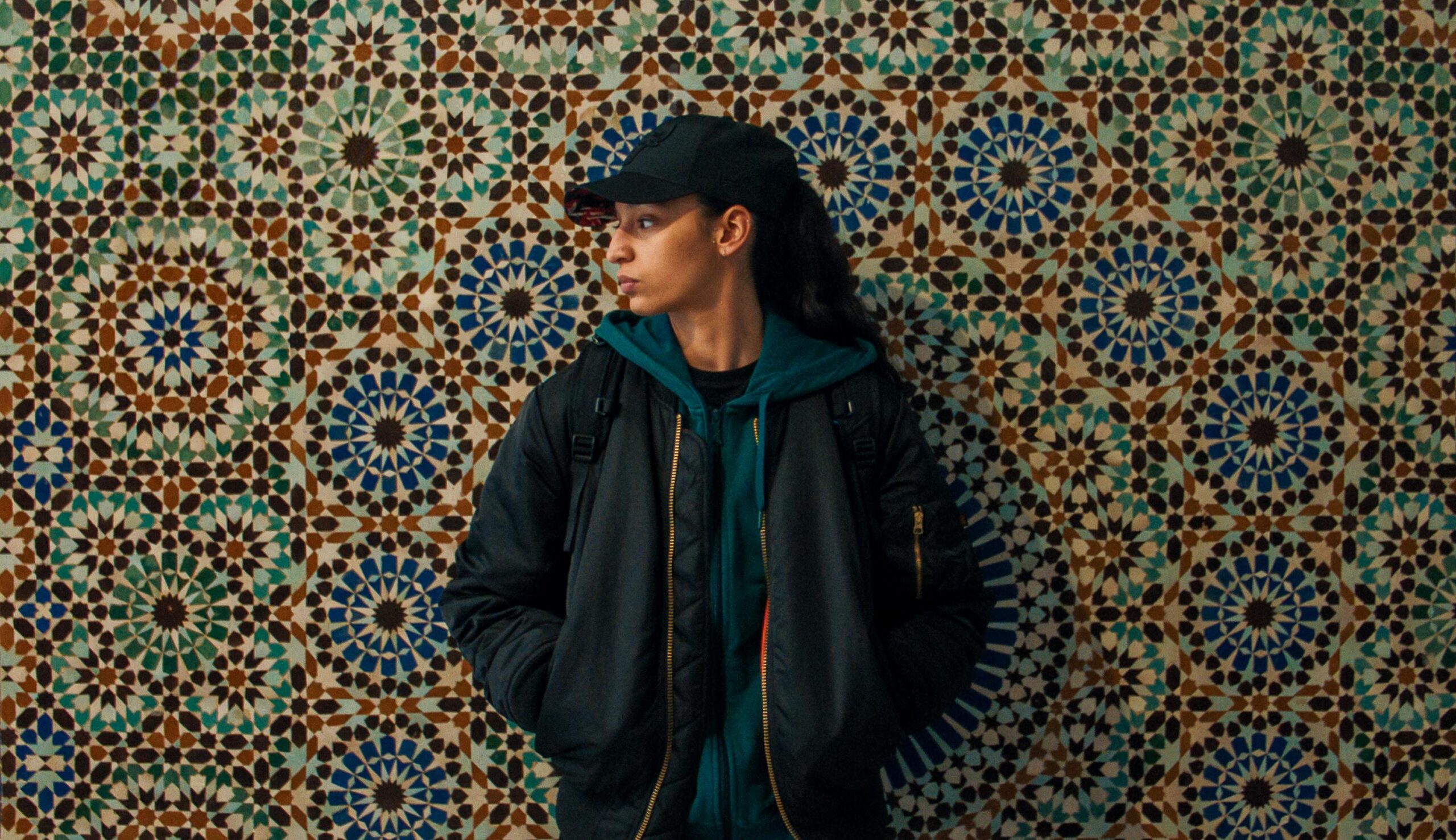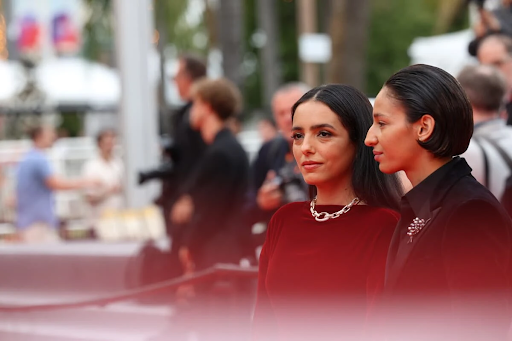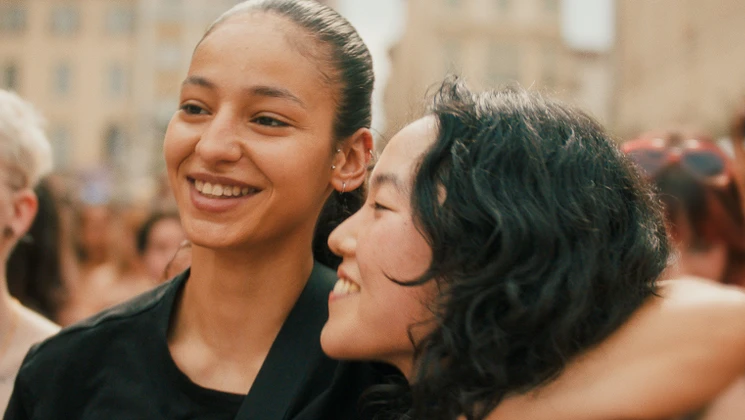The Conflict of Queerness, Religion and Coming-of-Age in Hafsia Herzi’s ‘La Petite Dernière (The Little Sister)’

CANNES — Every human consists of a myriad of identities that contribute to their being as a whole. But unlike a puzzle where pieces fit together, neatly forming an incontestable picture, personal identities are messier. They can conflict and contest one another — one identity challenging the legitimacy of another, making them painful to hold at once.
The pain of conflicting identities is the friction front and center in 17-year-old Fatima’s life, the main character of French writer-director Hafsia Herzi’s film “La Petite Dernière.” The film premiered at this year’s Cannes Film Festival and was selected to compete In Competition for the festival’s most prestigious award: the Palme d’Or.
It is based on the 2022 semi-autobiographical novel “The Last One” by author Daas. Maybe it is because of this that “La Petite Dernière” abandons overdone coming-out tropes, and instead offers a story that’s realistically imperfect and non-linear.

On the brink of adulthood, Fatima (Nadia Melliti) prepares to move from her small French town to Paris to attend University. She struggles coming to terms with being a lesbian while also being a devout Muslim, raised by loving but conservative Algerian-immigrant parents. Constantly teased for her lack of femininity by her two older sisters and classmates, Fatima has long shrunk into herself, refusing to openly display any emotions.
Everyone around her seems to move through life seamlessly; her boyfriend plans for marriage and children, her older sisters radiate femininity effortlessly and her new Paris University friends are comfortable with expressing their desires and dreams. Though both her faith and sexuality are intrinsic to her identity, the way they conflict makes her feel forced to choose which parts of herself she displays in social situations. While her religion is something she keeps to herself around her friends, her sexuality is a secret she locks away from her family.
Newcomer Melliti embodies Fatima in an emotionally rich performance, generously supporting the character from the heights of her anger, to the lows of her shame and the thrills of her eroticism. She lays out a tangible story, guiding the audience through a deeply human narrative. Entering adulthood, Fatima must decide whether she wants to choose between her identities or learn to navigate how to comfortably exhibit all parts of herself.
While outside forces like school bullies or the mosque contribute to Fatima’s despair, it is her own discomfort within herself that terrifies her most, making her stoic, absentminded and cold — even in relationships that mean the most to her, like that with her mother, or her first girlfriend Ji-Na.

Each time the audience sees Fatima cry, she is alone, be it in the privacy of her bedroom or a deserted street corner in the safety blanket of nighttime, validating the underlying story that she has carefully built an indestructible wall around her to survive. The wall protects her from the casual cruelty of casual homophobia and racism in her day-to-day life, but also keeps her trapped so deep within, not even she can reach herself.
By the end of the film, Fatima is also not made to choose one over the other; faith or sexuality, introversion or emotion. There is no satisfying conclusion to “La Petite Dernière.” She isn’t magically healed from the pain of her past, she doesn’t know exactly who she wants to be as an adult. The audience is left with more questions than answers, just like Fatima herself. This story cannot end, for it’s only the beginning of the rest of her adult life.
For more updates on the 2025 Cannes Film Festival, follow The Independent’s live reporting from the festival grounds here.
